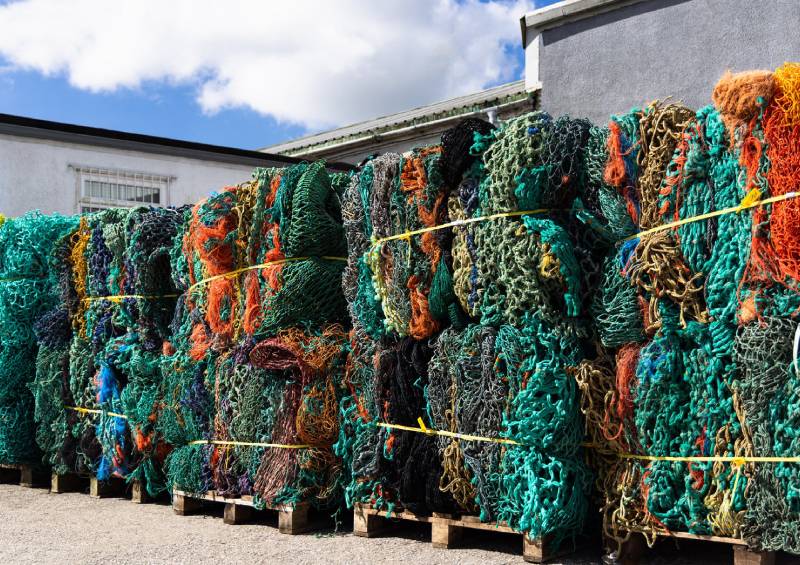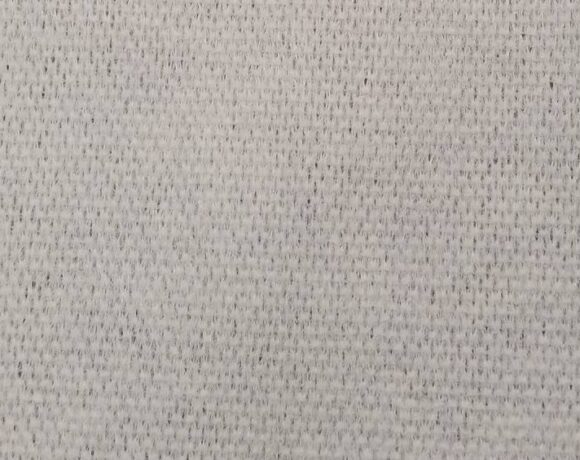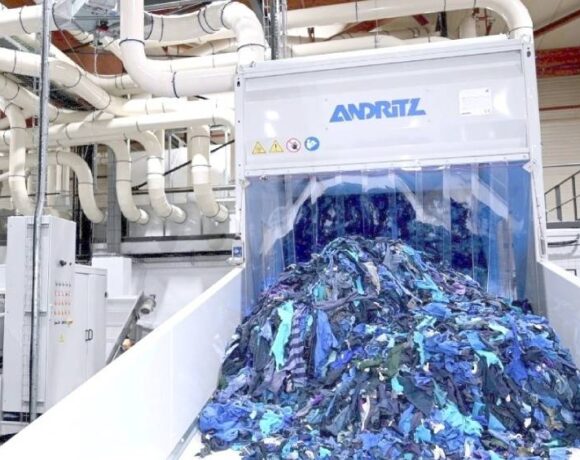Fight Against Ghost Gear: Waterhaul Turns Ocean Pollution Into Purposeful Products

UK-based company Waterhaul is tackling one of the ocean’s most pressing challenges: ghost gear, or abandoned fishing nets that continue to trap marine life and pollute waters long after their useful life. These discarded nets, made from resilient plastics like nylon and polypropylene, constitute nearly half of the Great Pacific Garbage Patch, as noted by the United Nations, and represent a growing threat to marine ecosystems worldwide.
In the UK, where the fishing industry is both rich in heritage and activity, ghost gear is a critical issue. Waterhaul collaborates with fishers, harbour masters and coastal partners to collect discarded and end-of-life nets, preventing them from becoming ocean hazards. Programmes like Fishing for Litter encourage fishers to bring ashore marine waste caught during regular activities, adding to Waterhaul’s recycling stock.
Waterhaul’s process is meticulous: each net is cleaned, sorted, shredded and melted into pellets before being upcycled into new products. These traceable materials, now available as traceable marine plastic, find life as everything from wetsuit hangers to pet accessories. Waterhaul’s unique tracking system ensures every recycled product tells a story, with origins mapped down to its collection point.
While Waterhaul is known for its adventure-ready sunglasses, the possibilities for recycled fishing gear are endless. Across the UK, industries are repurposing these materials into textiles, skateboards, home furnishings and even building materials—an innovation wave that combines sustainability with creativity.
Recycling ghost gear is not just about reducing ocean pollution; it is an investment in marine conservation and sustainability. By using recycled plastics instead of virgin materials, Waterhaul reduces demand for oil and cuts carbon emissions, while promoting a circular economy. Jobs are created, awareness spreads and each recycled item serves as a tangible reminder of our impact on the environment.
Individuals can make a difference too by supporting brands like Waterhaul, participating in beach clean-ups, and advocating for policies that reduce plastic waste, everyone can help turn the tide on ocean pollution.
Waterhaul’s mission goes beyond recycling; it’s a movement towards a sustainable, circular future. Every product made from recycled nets embodies a piece of the ocean, rescued and repurposed, showcasing human ingenuity in the fight for cleaner seas.















